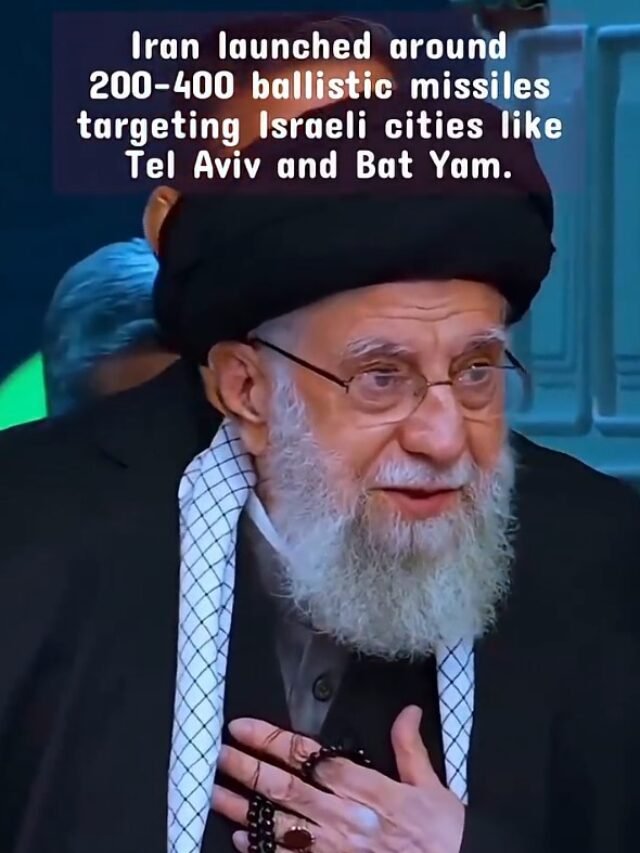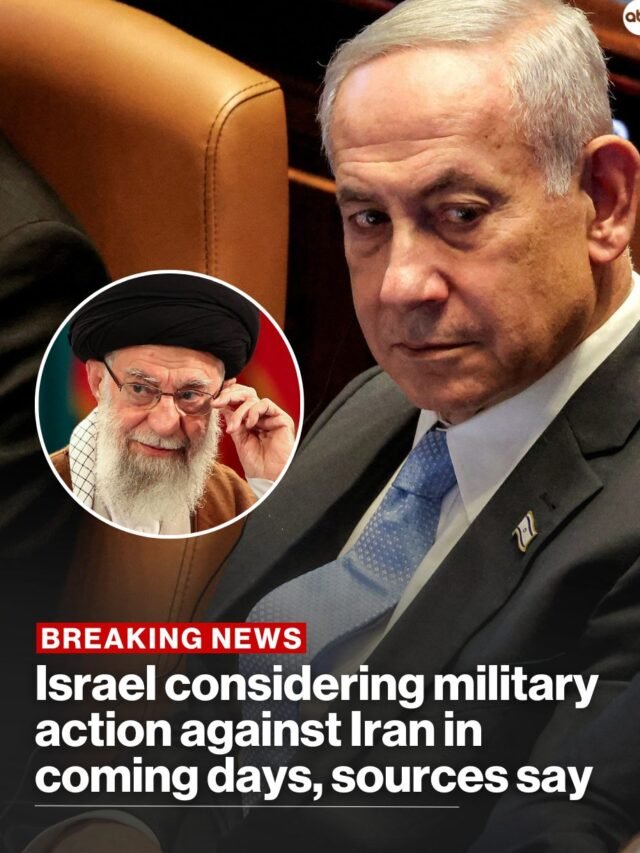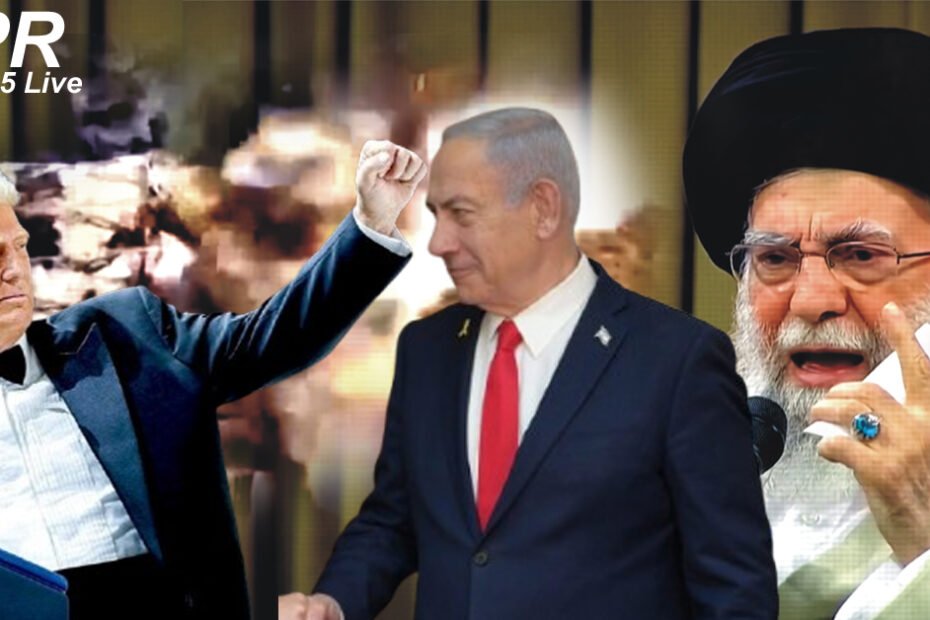Latest Updates as of Today
| Iran vs Israel war |
Introduction
Tensions between Iran and Israel have reached a boiling point, and today’s events mark one of the most intense days in the ongoing conflict. What started as shadow wars through proxies has now exploded into direct confrontation, drawing the world’s eyes to the Middle East.
Background of Iran-Israel Tensions
For decades, Iran and Israel have been locked in a bitter rivalry. Iran opposes Israel’s existence and supports groups like Hezbollah and Hamas, while Israel views Iran as its most dangerous enemy due to Tehran’s nuclear ambitions and regional influence.
Why the Situation Escalated Recently
The immediate spark for today’s escalation appears to be a combination of border skirmishes, attacks on diplomatic sites, and covert operations that finally erupted into open military exchanges.
Major Events of the Day
Airstrikes and Counterattacks
Today saw massive airstrikes from both sides. Israel launched attacks deep into Iranian military bases in Syria, while Iran responded with ballistic missile fire targeting Israeli military installations. Iran-Israel War: Latest Updates as of Today

Casualty Reports
Preliminary reports suggest dozens of casualties, including both military personnel and civilians. Several residential areas in southern Israel and western Iran were hit, causing significant destruction.
Statements from Both Governments
Israel’s Prime Minister declared that “Israel will defend itself with full force,” while Iran’s Supreme Leader warned of “severe consequences for Zionist aggression.”
Impact on Civilians
Civilians on both sides are facing terror and uncertainty. Many families are taking shelter in bunkers, schools are closed, and hospitals are overwhelmed.
International Reactions
U.S. and European Union Response
The U.S. has called for an immediate ceasefire, urging both nations to de-escalate. The EU expressed “grave concern” and is pushing for emergency diplomatic talks.

Middle East Countries’ Stance
Saudi Arabia, UAE, and Qatar have called for restraint, fearing spillover effects in the region.
UN’s Call for Ceasefire
The United Nations has scheduled an emergency Security Council meeting, hoping to broker at least a temporary halt to hostilities.
Economic Impact
Effect on Global Oil Prices
The conflict has caused oil prices to spike sharply. Investors are nervous about disruptions in Gulf oil routes, pushing crude above $100 per barrel for the first time in months.
Stock Market Fluctuations
Markets in Asia, Europe, and the U.S. opened lower today as traders reacted to the uncertainty.
Regional Trade Disruptions
Shipping routes through the Persian Gulf are under threat, with insurance rates for vessels skyrocketing.
Social Media and Public Opinion
Trending Hashtags
On X (formerly Twitter), hashtags like #IranIsraelWar, #PrayForPeace, and #MiddleEastCrisis are trending globally.
Public Sentiment in Iran and Israel
People on both sides are voicing their fears and calls for peace, though nationalist voices are also growing louder.
Global Public Reactions
Across the world, people are organizing peace vigils and online campaigns urging leaders to halt the bloodshed.

Possible Future Scenarios
Could This Lead to a Larger Regional War?
Experts warn that if the fighting continues, it could draw in other nations and turn into a full-blown regional war.
Peace Talks or Prolonged Conflict?
Much will depend on international mediation efforts. While both sides are hardening their stances, behind-the-scenes diplomacy is reportedly ongoing.
Conclusion
Today’s Iran-Israel conflict represents one of the most dangerous escalations in recent memory. With lives at stake and the region on edge, the world watches and waits for a breakthrough that could bring an end to the violence. The current situation is not just a battle between two nations—it’s a crisis that could ignite a much wider regional war, dragging in neighboring countries and destabilizing the Middle East for years to come.
Civilians on both sides are paying the highest price. Families are living in fear, unsure if the next missile or airstrike will hit their homes. Infrastructure is crumbling, businesses are closed, and daily life has come to a standstill. The ripple effects are being felt globally—from rising oil prices to market instability and humanitarian concerns.
The international community stands at a crossroads. Will world powers act swiftly enough to broker peace before it’s too late? Or will the situation spiral further out of control? The next few days will be critical in determining whether diplomacy can prevail over destruction. In the end, it’s a shared hope across the globe that cooler heads will rise and humanity will triumph over hatred and violence.











Pingback: Page Not Found » APR News